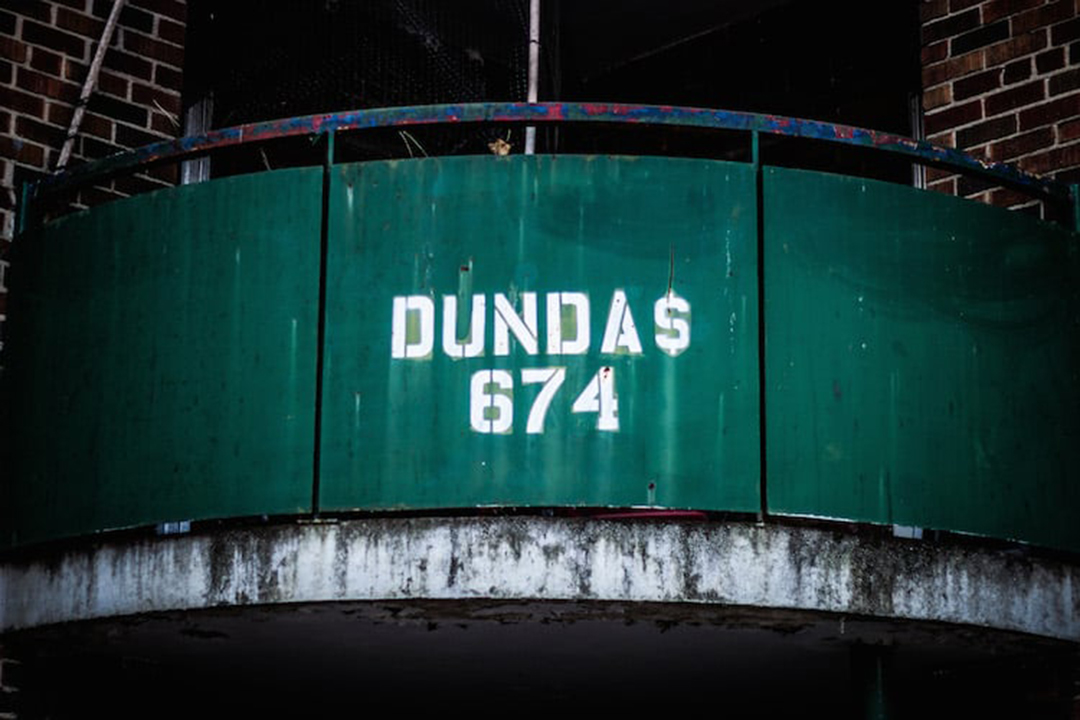Content warning: This article contains mentions of police brutality and violence against Black and Indigenous people.
On July 14, the Toronto City Council voted to rename Dundas Street, which was originally named after Henry Dundas, a man who contributed to the transatlantic slave trade and delayed the abolition of slavery. This effort is similar to how Victoria College renamed Ryerson House to First House due to Egerton Ryerson’s heavy involvement with the residential school system — a system that was very damaging to Indigenous communities in Canada — as well as his enabling of segregation in the education system.
A petition to remove Dundas’ name was first launched in the summer of 2020 amid the Black Lives Matter protests precipitated by the murder of George Floyd. While the change is an unquestionably positive thing for our city, it absolutely should not be the only action we take. If anything, renaming Dundas should encourage more systemic change as opposed to performative action.
Canada’s colonial roots can be seen everywhere, from the names of our streets and schools to the way in which our justice system functions. From a young age, we are exposed to historical characters without learning about their links to colonialism and racism. Instead of learning the unfiltered history of Canada, we learn to respect these figures without questioning their pasts and their effects on the oppressive systems we encounter today.
Before the recent Black Lives Matter movement, I had no clue who Dundas was and I did not know about his links to the transatlantic slave trade. At the time, I still assumed that Dundas was an important name in the development of Canada. My lack of knowledge and initiative to learn about Canada’s colonial history is an experience shared by many Canadians, which is the exact reason why we must begin to rename streets and buildings. Whether we want to acknowledge it or not, we all must take a look at Canada’s history — the good and the bad.
However, simply removing names will not solve any of the crucial systemic issues in our country, such as the high incarceration rates of Black men, the mishandling of the cases of missing Indigenous women, and discrimination against visible minorities in the workplace. As we move into an era of reshaping, rebranding, and rebuilding our national identity, small changes like this one should inspire more action down the road.
Currently, our health care, judicial, educational, political, and economic systems all have inherent problems that should be addressed, and while there is great power in changing names, it simply is not enough. We cannot change history or pretend it never happened; we cannot avoid information about our country any longer. The same applies to Dundas; we should not honour him on our streets and buildings, but we cannot erase him from history. We should recognize him in his entirety, as a politician, a viscount, and a man who approved of the ownership of human beings. We must continue to confront such situations head-on, ask questions, and make changes in our communities to make them more inclusive.
It is time to make Canada more inclusive as a whole. Instead of dusting off their hands and carrying on with their day-to-day lives, the council and other leaders in our community should ask themselves, “What is next?” If they can spend the time and resources examining the name of a street, then they certainly can do the same for systemic problems within our schools, workplaces, laws, and policies.
However, we must keep in mind that this small step can lead to greater systemic changes in the future. Dundas is more than just a name; he is someone who had the opportunity to help make a positive change but he did not. By honouring him, we are dishonouring the victims of the transatlantic slave trade.
Jasmin Akbari is a second-year industrial relations and human resources, digital humanities, and writing & rhetoric student at Woodsworth College.


